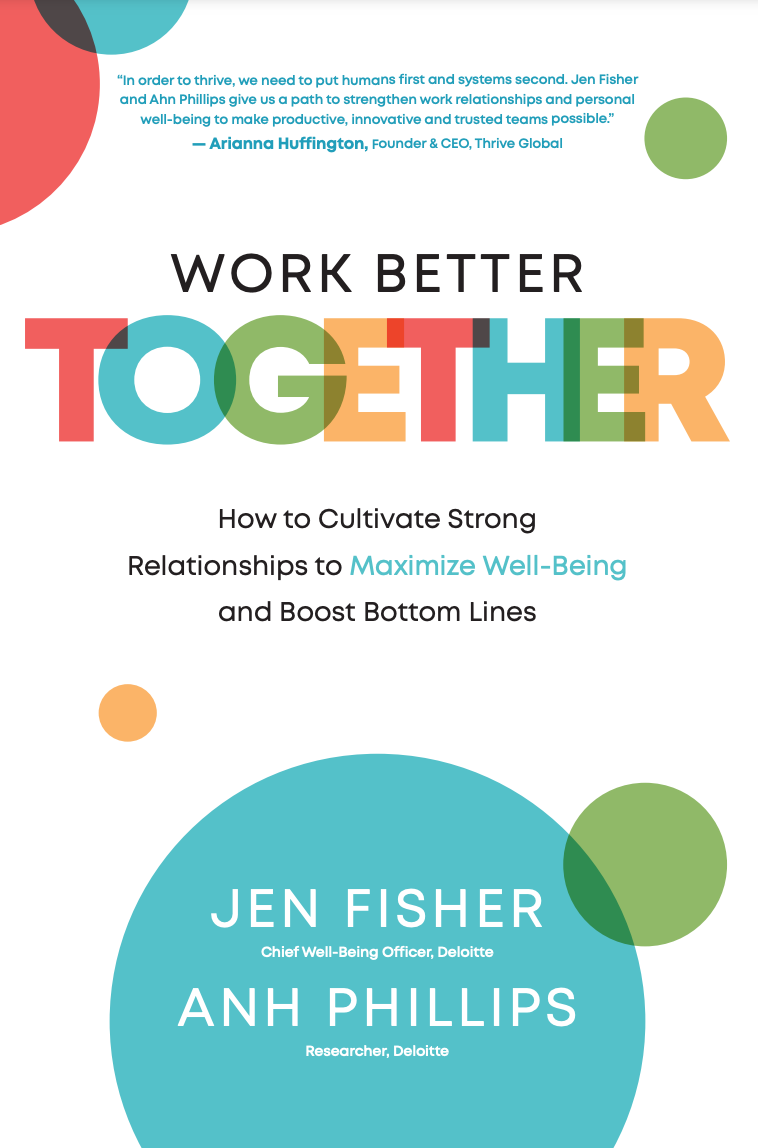If social psychologists invented a global experiment to determine human capacity for surviving paradox, they’d come up with something resembling the modern workplace.
We are more connected than ever, and yet loneliness is epidemic. We are rich in information, but deciding what to do with that information is more difficult than ever. We can achieve more from our desktops than ever, and yet we are physically and mentally exhausted. Our best work is fueled by positive emotions like empathy, creativity, and shared purpose, and yet we measure our worth exclusively in quantitative terms. Our teams are ever more interdependent, and yet we cling to bureaucratic silos and hierarchies that discourage cooperation.
And as we write this book in 2020, in a cruel amplification of our predicament, the interdependence of employees has been battered by the fight against the COVID-19 pandemic. The psychological strain of physically separating from one another is not the least of the pandemic’s ill effects.
Long before workplaces went remote or closed, we —Jen and Anh —were already studying the ways in which work technology affects our well-being. Communicating via teleconferencing, improvising work schedules around childcare, supporting employees who were burning out . . . all this was on our radar before 2020. The irony of starting a book about these topics in 2020 is that all the changes that concerned us accelerated, and all the problems we studied were suddenly increased for millions.
The remedies for workplace burnout became even more urgent because of the pandemic. This book is thus about how to begin the process of change right away.
Psychologists have noted that the inability to control a situation, especially when we’ve had control or think we should have control, can create a major source of anxiety. This, in turn, can greatly add to our stress levels.
The good news is that there are things we can do to help take care of our mental health, especially when it comes to dealing with stress and negative emotions. In fact, one of the most important first steps is to focus on those things you can control.
We wrote this to provide information you can put into action to cope with stress and build resilience. We start with you, the individual, and work out in a series of radiating circles to describe steps that will help your team, your organization, and the extended world (customers, community, and society).
As enthusiastic users of technology, we love the innumerable ways it improves our work and our lives. As a well-being expert (Jen) and researcher on digital transformation (Anh), we also know how easily human interaction with technology becomes habitual and even addictive to the point that its benefits are outweighed by the negative consequences.
One of the topics of this book is about making our interaction with technology benefit our individual and collective well-being as much as our productivity. In that sense, it’s also about understanding the meaning of work and making conscious trade-offs between the “pain and the gain” in our relationship to technology—and more importantly, our relationships to each other.
We will also focus on the blurring line between personal technology, such as social media, and work technology. They used to be separate in design, purpose, and interaction, but in the past decade or so, people’s interactions with their smartphones feel more and more like interaction with work technology.




